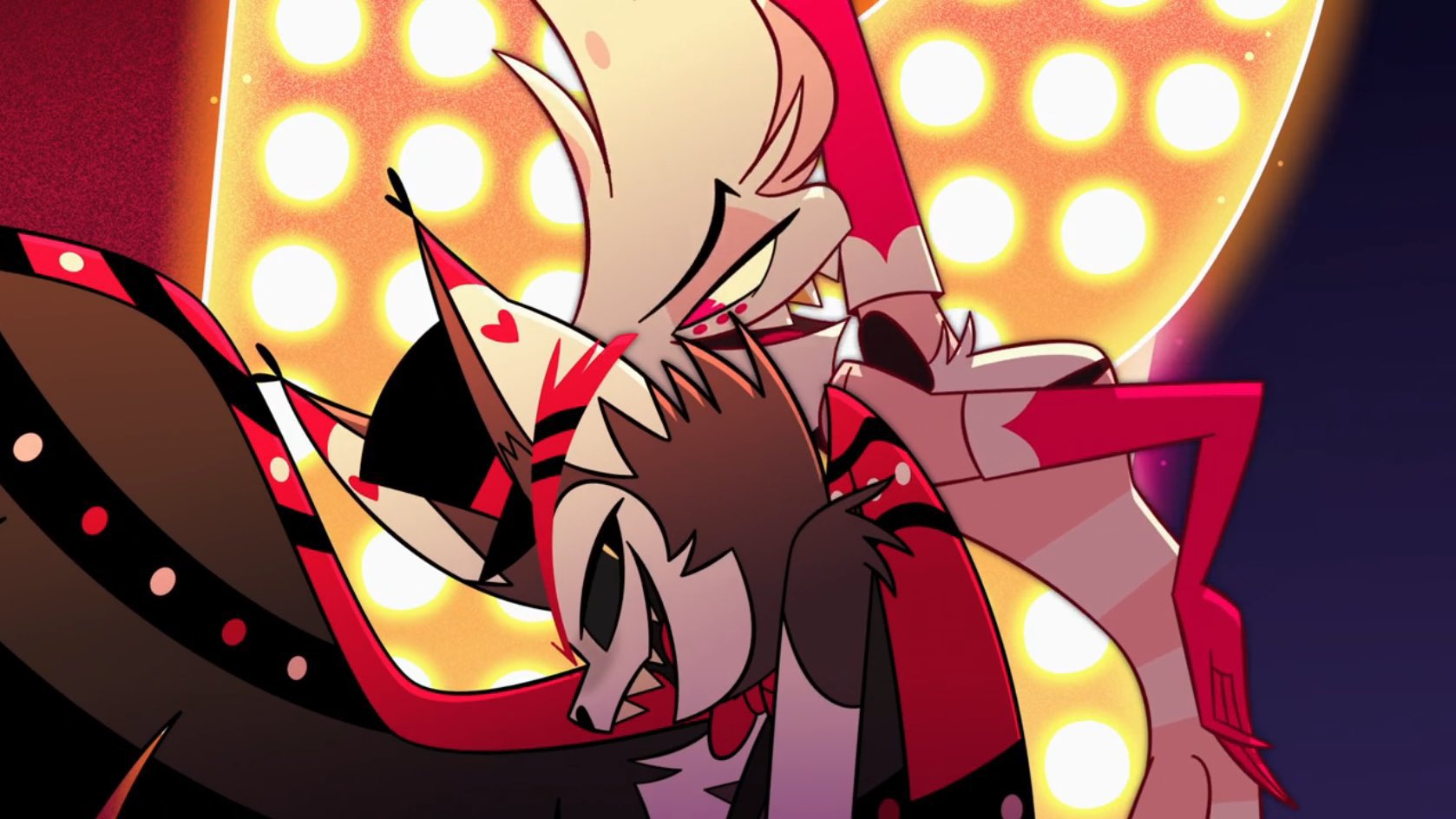Hazbin Hotel has been a show years in the making, with its creator Vivienne “VivziePop” Medrano emerging as a breakout voice in the independent animation scene. Although independent art of any kind doesn’t need validation from the mainstream industry, this show serves as a testament to what independent animators can eventually achieve. A significant portion of the audience’s excitement stems from the cultural importance that Medrano’s work has garnered on the internet, now transcending into mainstream stardom. However, there is a concern that the show’s more peculiar aspects may be smoothed for broad appeal. I’m pleased to confirm, though, that “Hazbin Hotel,” despite its surface-level vulgarity, has retained its soul. In a sea of ever-middling and unoriginal straight-to-streaming adult sitcom fodder, this show rises above with its vast visual creativity and commitment to breaking genre norms through its main cast of characters.

“Hazbin Hotel” stars Erika Henningsen, Stephanie Beatriz, Blake Roman, Keith David, and more as the show follows Charlie Morningstar, the daughter of Lucifer, as she tries to find a nonviolent solution to the overpopulation problem that Hell is currently facing. Along the way, her friends, family, and enemies find themselves confronted by their own inner demons as the potential for redemption clashes with their own worst habits.
Starting off on a positive note, the show is visually outstanding. Its character designs, color palette, and visual identity are unlike anything else mass-market animation has to offer. From its angular core to its devotion to reds, blacks, and pinks, a world has been built up visually that’s easy to get absorbed into but just simple enough to never become distracting. Sometimes over-designing your world and characters can lead to an incohesive visual narrative, but the team here has constructed a version of Hell that is visually distinct and completely engrossing.
![The Key to Redemption (Hazbin Hotel) by ZappRadioFawx -- Fur Affinity [dot] net](https://d.furaffinity.net/art/zappradiofawx/1671065421/1671065421.zappradiofawx_groupart.png)
The same can be said for the show’s audio design as well. Being part-musical, it was important that the show nailed its audio in the first few episodes, and they absolutely did. Each song sounds fantastic, and while a little generic, both the lyrics and instrumentation of each track are especially catchy. It does help that the animation during the show’s musical moments is intoxicating in its smoothness, the only detriment to them being a very choppy style of editing that plagues the first episode but levels out as the season continues.
That being said, once you get past those aspects of the show, what you’re left with is an opening season slow to get past its surface-level identity. The writing is scattershot throughout the first three episodes, trying to set up a vast world and characters without a focus on fully hooking in or fleshing out the audience on anyone in particular. Charlie is the show’s main character, and yet thus far, it feels like we barely know her as anything more than a one-note good girl.

The same can be said for much of the side cast; their archetypes established strongly with the show’s audio-visual narrative but never quite amounting to anything all that interesting outside of some generic character arcs that don’t have much to say about anything yet. The first three episodes are so plot-heavy that when they do spare time to try and define their cast, they don’t have the ability to do anything particularly special with them besides using senseless vulgarity as a shortcut to laughs.
Then, episode four, ‘Masquerade,’ rolls around, and the show finally finds its footing. While the show’s opening can be a tough slog for those unable to find substance in the audio-visual department, it all pays off when the show takes a moment to tell a painstakingly honest if nihilistic story about the addictive nature of self-destruction and those plagued with empty identities. It’s a thematic three-way between Charlie, Angel, and Husk that takes three characters born out of stereotype and transforms them into relatable beacons of subject matter rarely ever tackled with grace.
Keith David turns in a strong voice performance as Husk alongside show-stealer Blake Roman, whose multi-faceted performance as Angel garners emotional reactions of all kinds. He manages to be sexy, powerful, and pitiful all at once. Lying at the heart of that episode is the level of empathetic and off-beat storytelling that the show has to carry with it into future episodes. Even the vulgarity of language serves more of a purpose than before, laughs coming from a sick, painful place this time that elevates the show’s otherwise still eye-rolling overuse of expletives and shock jock humor.
Overall, the first season of Hazbin Hotel is full of genius hampered by a show that hasn’t quite found its way just yet but given time it has the potential to transform into something genre-defining for adult animation. I definitely recommend checking it out and paying close attention to everything the show is doing right, as the worst parts of the show prove to slowly melt away with the strength of episode four.






